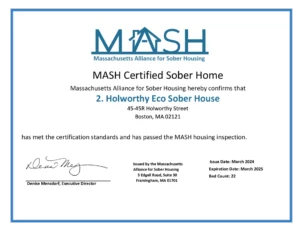
The emotional burden is real, and addressing it head-on is critical for your own well-being. Encourage your loved one to build routines that promote both mental and physical well-being. Regular exercise can boost mood and reduce stress, while a nutritious diet can improve energy levels and overall health.
FAQs About Addiction Hotlines
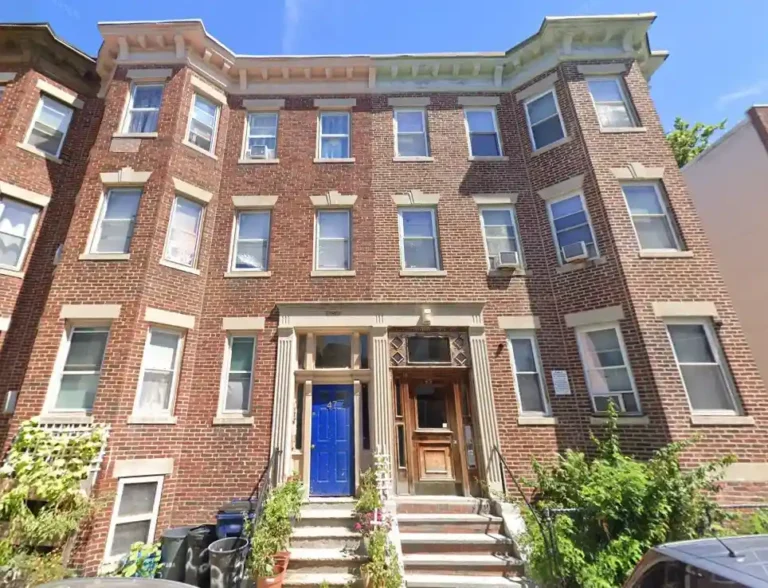
Professionals, often with recovery experience, offer empathy and information. Regular addiction hotlines don’t deal with overdoses and immediate medical emergencies. They’ll refer you to 911 or connect you to emergency services if they can do so. Whether you are struggling with addiction, mental health or both, our expert team is here to guide you every step of the way. Don’t wait— reach out today to take the first step toward taking control of your life.
- For those whose lives are negatively affected by marijuana use, there are many options that lead to recovery.
- Inpatient care is the most intensive type of marijuana addiction treatment available.
- Behavioral disorders, such as gambling addiction or porn addiction, are great examples of the power of mental dependencies.
- Many of our representatives have recovered from drug addiction themselves and are available to help you through the process as well.
- You may find it easier to do this when you understand that marijuana addiction is an illness and not a moral failure.
Where Can I Find Marijuana Rehab Near Me?
If you find yourself feeling constantly anxious, overwhelmed, is marijuana addictive or depressed, it may be time to seek professional help. If direct conversations and gentle encouragement haven’t worked, an intervention may be necessary. An intervention is a more structured way to confront a loved one about their addiction, usually involving a group of people who care about them. Many people are afraid to admit they have a problem or may feel ashamed about seeking professional help.
- Clients reflect on their journey and the skills they have learned, which fosters a continued application of these strategies in their daily lives.
- Our representatives are on the line to hear your story and help you find affordable and personalized drug treatment.
- Due to the constantly evolving social landscape surrounding marijuana, it can be difficult to determine if you have a problem and even more challenging to stop using.
- In 2020, of Americans aged 12 and up, roughly 14.2 million people (5.1%) had a cannabis use disorder.
- After confidentiality is ensured, speak honestly about your marijuana use.
- Research has shown that about 9% of all marijuana users2 become addicted and that those who start early and who are daily users are more susceptible to marijuana addiction.
Driving Under the Influence of Prescription Drugs
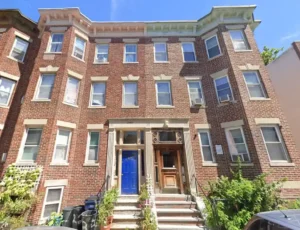
Other support groups Alcoholics Anonymous exist, such as the SMART Recovery™ program, for those looking for options outside the traditional 12-step model. For those whose lives are negatively affected by marijuana use, there are many options that lead to recovery. A trained Crisis Counselor is available to receive and respond to texts from a secure online platform.
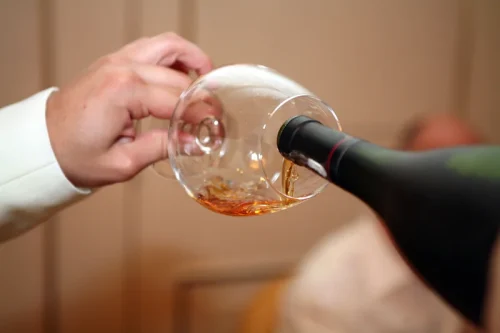
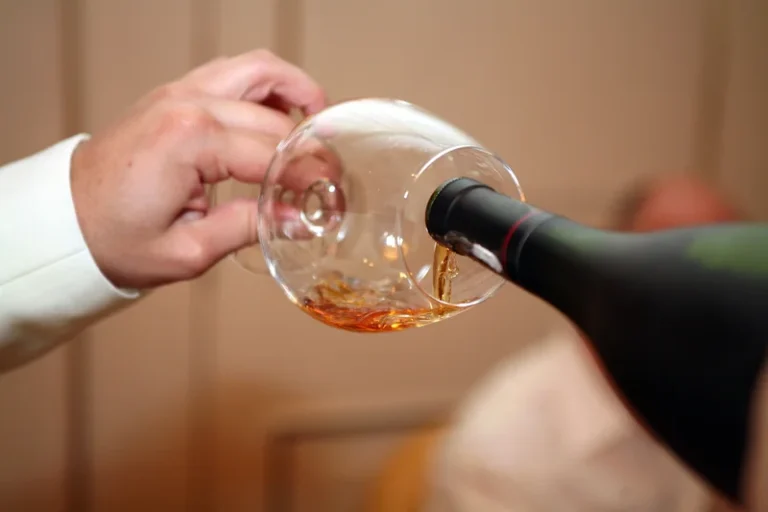
The National Alliance on Mental Illness, referred to as NAMI, offers callers information, support, and referrals for mental health-related issues from Monday to Friday, 10 a.m. When you call, you’ll speak to someone trained to deal with people struggling with addiction. They’ll provide information and resources to help you choose your next step. You should call a drug abuse hotline if you or someone you know shows signs of addiction. Addiction hotlines are phone numbers you can call when you or a loved one deals with addiction. When you call a hotline, you’ll reach someone who can provide you with information about helpful nearby resources.
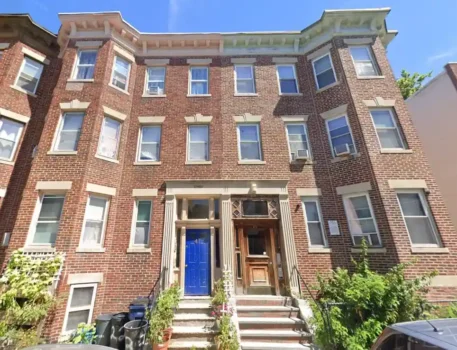
- Whether your loved one is struggling to quit or doesn’t recognize their addiction yet, you’re already taking a vital first step by seeking to understand how to help.
- A weed, marijuana, or cannabis addiction helpline is a toll-free phone line offering help to those struggling with addiction to marijuana.
- This makes expressing your concern and finding out just how bad the problem is extremely challenging.
- The CBT process begins with assessment and engagement, where a therapeutic relationship is developed, allowing the therapist to understand the individual’s unique challenges.
Denial is a common defense mechanism for people struggling with addiction. If your loved one denies having a problem or becomes defensive, stay calm. You might not get them to admit the problem in one conversation, and that’s okay. Be patient, and be ready to revisit the discussion when the time feels right. Unlike recreational marijuana users, people who misuse the drug will consume excessive amounts to get high.
